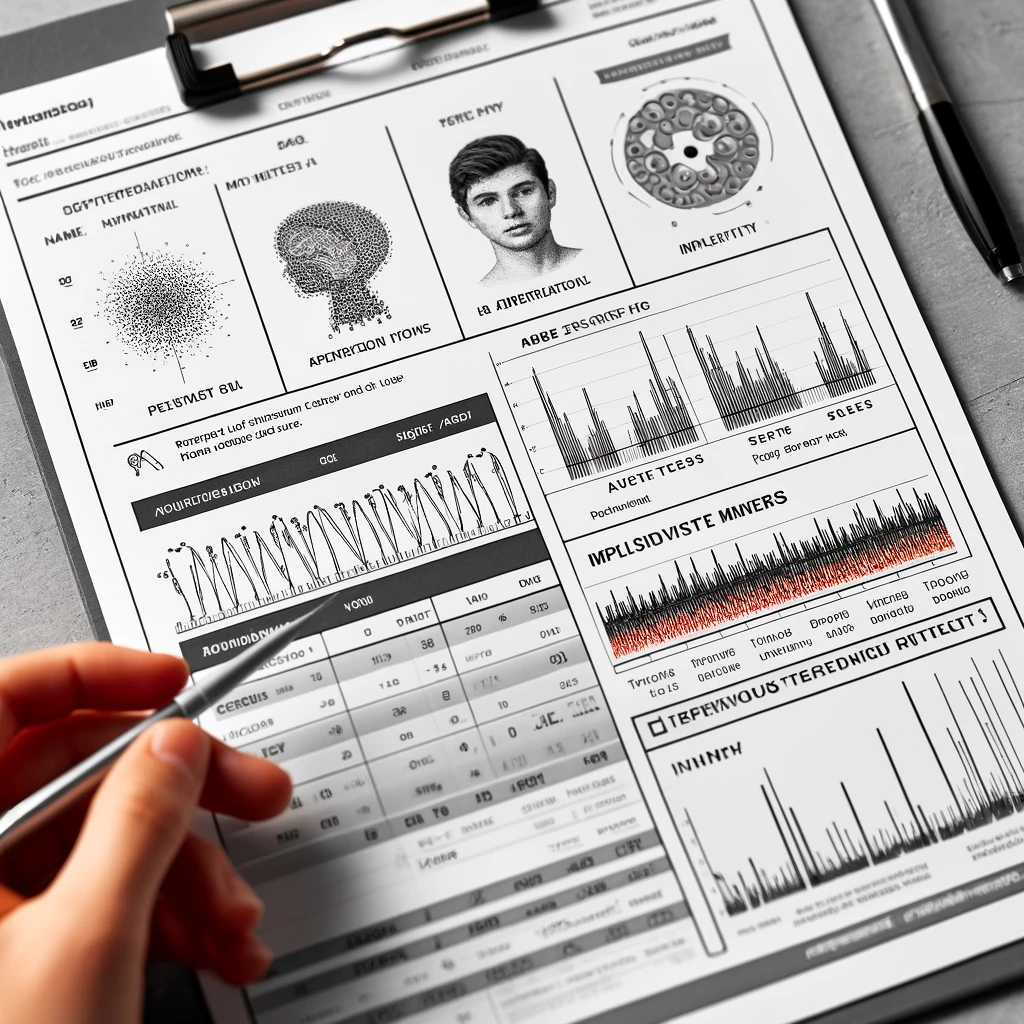
UnderstandingADHD and Diet: Evaluating Myths
Table of Contents
Toggle[lwptoc]
Introduction
For individuals with Attention-Deficit/Hyperactivity Disorder (ADHD), exploring the role of diet can be a transformative journey. It's crucial to acknowledge that ADHD is not caused by dietary choices. However, understanding how different foods and diets can influence daily experiences offers valuable insights and empowerment.
1. Understanding the Relationship: Elimination, Consumption, and Supplementation
A. Elimination Diets
Elimination diets in the context of ADHD involve removing specific foods to observe changes in ADHD-related symptoms. Key diets include the Feingold Diet and Few Foods Diet, which eliminate potential trigger foods like certain additives, gluten, or dyes. Individuals, especially those with food sensitivities, might notice improvements in their ADHD symptoms.
Consideration: While these diets aren't directly linked to mitigating ADHD symptoms, they can be informative in identifying food sensitivities and improving overall well-being.
Food Additives/Dyes: There's a debate over the impact of food additives and dyes on hyperactive behaviors. Reducing these elements may not directly influence ADHD, but it's generally healthier to minimize their consumption.
Consideration: Approach the elimination of additives and dyes with balance, avoiding overly restrictive or stressful dietary changes.
B. Consumption Diets
Consumption diets focus on altering the type of food consumed.
Mediterranean Diet: A study suggested a possible link between this diet and ADHD experiences, but it's important to remember that correlation does not imply causation.
Consideration: The Mediterranean diet is generally healthy, though its direct effect on ADHD is not conclusively proven.
Sugar: The relationship between sugar intake and ADHD symptoms is complex. Moderating sugar is advisable for overall health.
Consideration: Strive for balanced sugar consumption without guilt or deprivation.
Caffeine: Caffeine may assist in concentration, but its interaction with ADHD medications can vary.
Consideration: Monitor your body's reaction to caffeine and adjust intake accordingly.
Carbohydrates: Carbs can influence mood and energy levels.
Consideration: Choose complex carbohydrates, like whole grains and vegetables, for more stable energy and attention levels.
C. Supplementation Diets
Supplementation diets often include Omega-3 supplements.
Omega-3: Some research indicates lower Omega-3 levels in individuals with ADHD. High-quality Omega-3 supplements might offer benefits, but it's essential to consult a healthcare provider first.
2. Practical Tips for a Balanced Diet with ADHD
- Keep a stash of healthy, pre-prepared food readily available. This ensures you have nutritious options when you're busy or distracted.
- Schedule specific times for meal preparation. This helps in maintaining a consistent eating routine, which can be challenging for those with ADHD.
- Opt for high-protein snacks instead of sugary ones. Protein can help in stabilizing blood sugar levels, potentially reducing ADHD symptoms.
- Avoid skipping meals. Regular meals help in maintaining energy levels and focus throughout the day.
- Create an environment that minimizes unhealthy food choices. This can reduce impulsive eating, which is common in individuals with ADHD.
Conclusion
Navigating diet in relation to ADHD is a personalized journey. It's not about strict adherence to specific diets but discovering what enhances your well-being and daily functioning. Through experimentation and observation, you can identify the dietary choices that best support your unique needs with ADHD.
References
- "ADHD Diet: Best Foods, Foods to Avoid, and Meal Plans" – This source provides comprehensive guidance on how to tailor your diet to support ADHD management.
- "Researchers Consider Role of Maternal Diet in ADHD" – This research explores the potential influence of maternal diet on the development of ADHD in children.
- "Do Diet and Nutrition Affect ADHD? Facts and Clinical Considerations" – This article delves into the complex relationship between diet, nutrition, and ADHD, offering practical advice and scientific insights.
Frequently Asked Questions
Q: Can changing my diet cure ADHD? A:
No, changing your diet cannot cure ADHD, but it can help in managing symptoms and improving overall well-being.
Q: Are there specific foods that people with ADHD should avoid? A: While there's no universal list of foods to avoid, some individuals with ADHD might benefit from reducing sugar, certain additives, and processed foods.
Q: Is it important to consult a doctor before starting an ADHD diet? A: Yes, it's essential to consult a healthcare provider before making significant dietary changes, especially if you are on medication for ADHD.
ADHD and Diet References
- ADHD Diet: Best Foods, Foods to Avoid, and Meal Plans
- Researchers Consider Role of Maternal Diet in ADHD
- Do Diet and Nutrition Affect ADHD? Facts and Clinical Considerations





